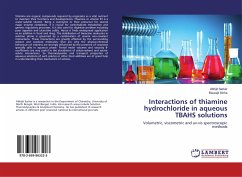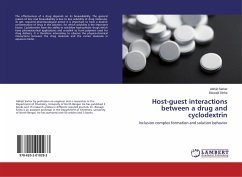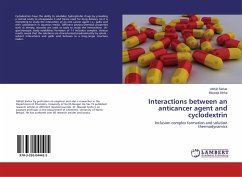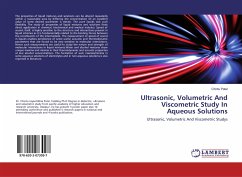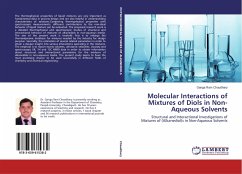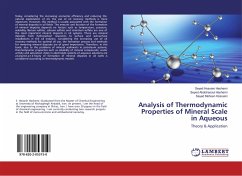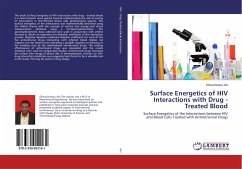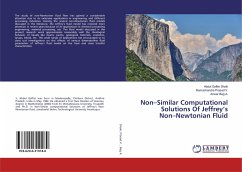Vitamins are organic compounds required by organisms as a vital nutrient to maintain their functions and developments. Thiamine or vitamin B1 is a water-soluble vitamin. Being a coenzyme or their precursor for several major enzyme complexes, it is crucial for carbohydrate metabolism and genetic regulatory processes. It is also used for digestive problem including poor appetite and ulcerative colitis. Hence it finds widespread application as an additive in food and drug. The stabilisation of bioactive molecules in solution phase is governed by a combination of several non-covalent interactions. These interactions are greatly affected by the surrounding solvent and cosolute molecules; that are why the physico-chemical behaviours of vitamins are strongly influenced by the presence of cosolutes specially salts in aqueous phase. Partial molar volumes and viscosity B-coefficients are very useful in the elucidation of solute-solvent and solute-solute interactions. So thermodynamic and transport properties of aqueous solutions of such solutes or other food additives are of great help in understanding their mechanism of actions.
Bitte wählen Sie Ihr Anliegen aus.
Rechnungen
Retourenschein anfordern
Bestellstatus
Storno

